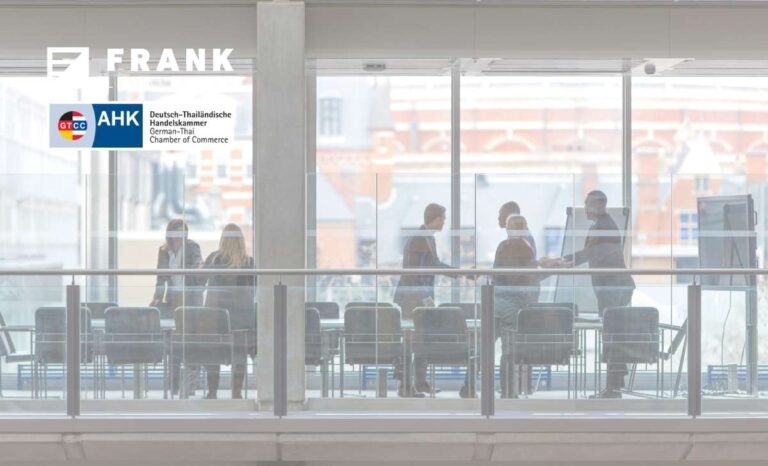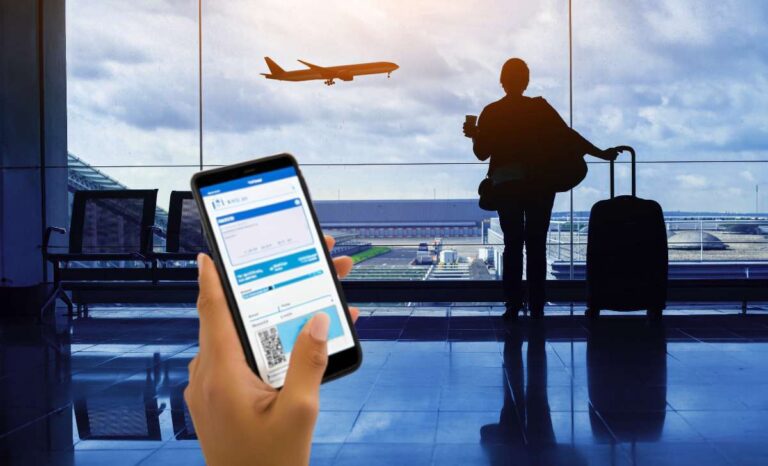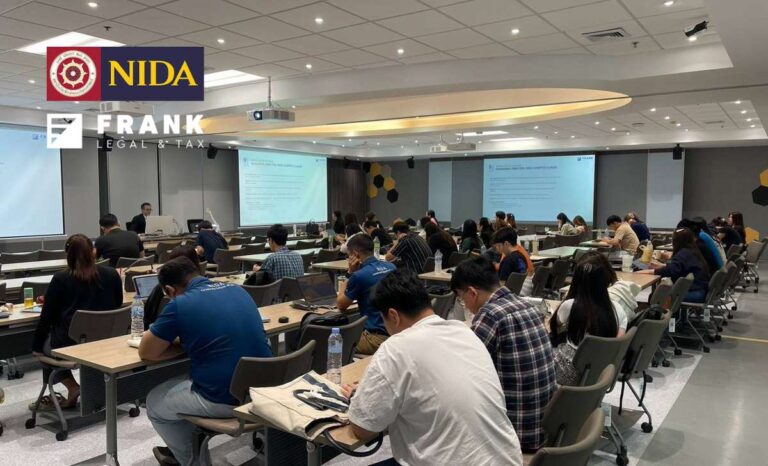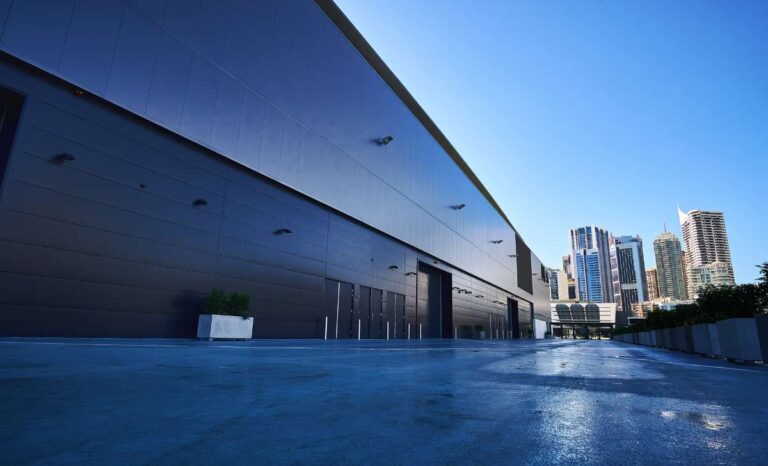Post-Event Recap: Fabian Doppler on Directors’ Liabilities at GTCC SME Focus Group
Highlighting our contribution to the GTCC SME Focus Group, focusing on directors’ liabilities and legal risk awareness. FRANK Legal & Tax Highlights Key SME Liabilities On June 17, 2025, the German-Thai Chamber of Commerce (GTCC) hosted an engaging SME Focus Group meeting on the theme “SMEs: Legal Risks & Insurance Solutions.” The event brought together…













